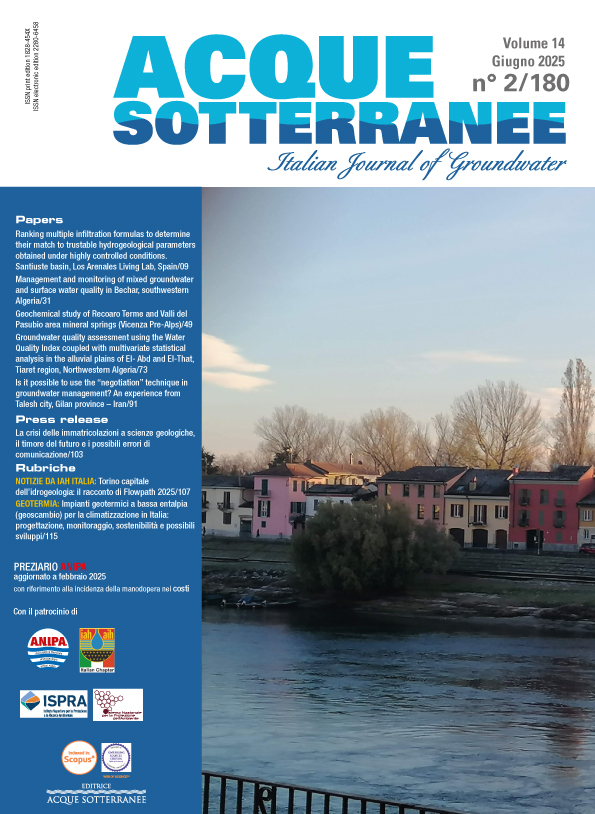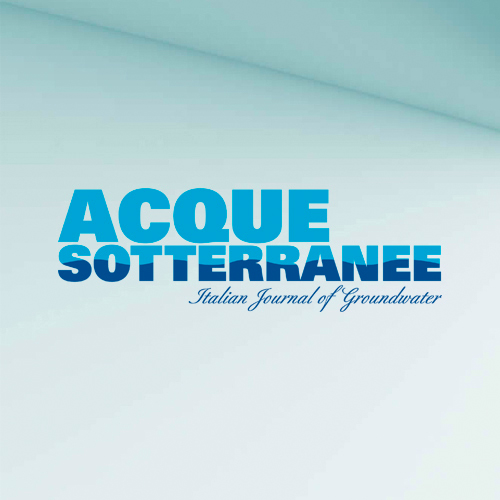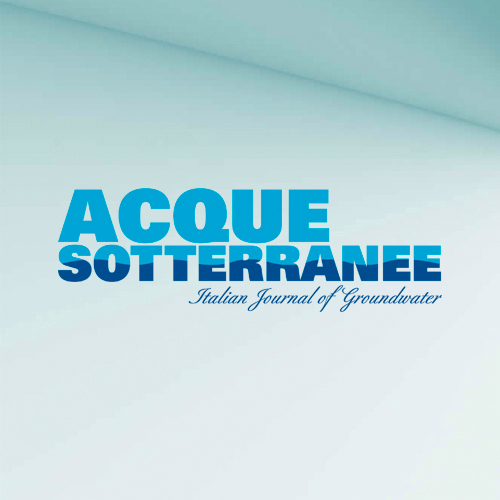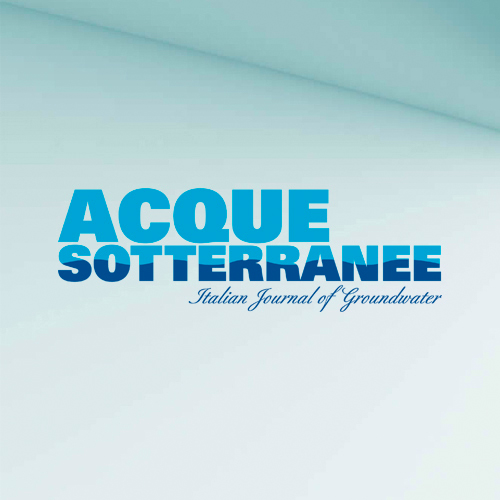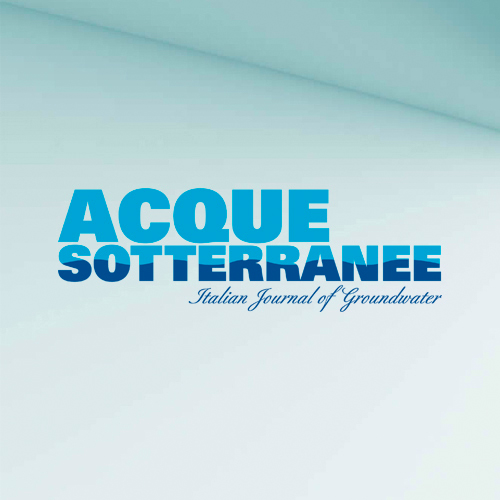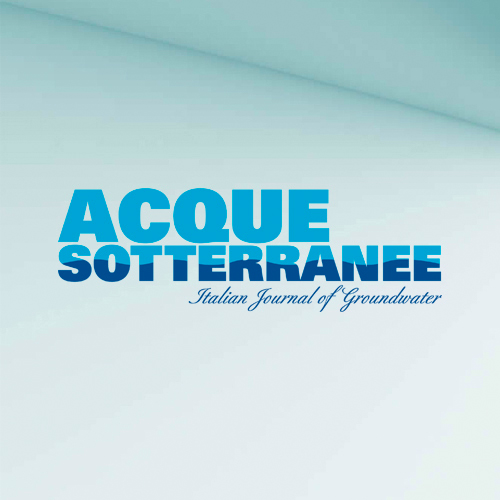Is it possible to use the “negotiation” technique in groundwater management? An experience from Talesh, Gilan Province, Iran
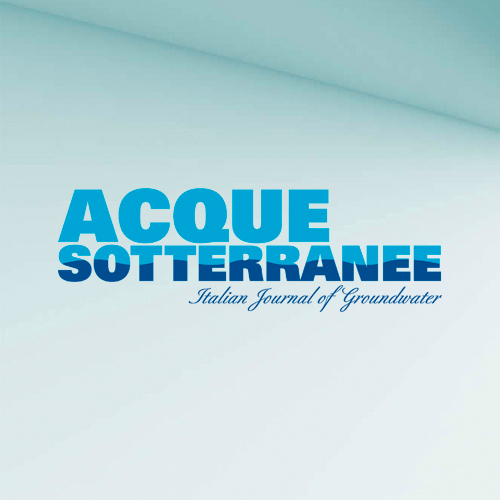
All claims expressed in this article are solely those of the authors and do not necessarily represent those of their affiliated organizations, or those of the publisher, the editors and the reviewers. Any product that may be evaluated in this article or claim that may be made by its manufacturer is not guaranteed or endorsed by the publisher.
Authors
The technical approach to water management and the lack of attention to the water issue as a socio-ecological issue have left the problem of illegal well-drilling and over-exploitation of groundwater unsolved. In contrast, user participation has become an ineffective strategy due to the free-riding of public goods issues, NGOs, and other groundwater stakeholders. It seems that the search for a new plan is necessary to solve the problem of free riding and the tragedy of the commons in the maximum involvement of the users in groundwater management. The main assumption of the research is that negotiation can solve some weaknesses of free participation strategies. Therefore, the study seeks to answer whether it is possible to use the “negotiation” technique in groundwater management. This research used interviews to collect data, which were further analyzed by content analysis. The results show that negotiation can be used as a very effective strategy in groundwater management. To realize the negotiation, it is necessary to create some incentives and necessities to attract cooperation between the stakeholders to make it an efficient and effective strategy. The results of this research help in solving the problem of free riding and the tragedy of the commons in the management of public resources and are important in the development of human knowledge in solving the problem of management and governance of public goods.
How to Cite

This work is licensed under a Creative Commons Attribution-NonCommercial 4.0 International License.
PAGEPress has chosen to apply the Creative Commons Attribution NonCommercial 4.0 International License (CC BY-NC 4.0) to all manuscripts to be published.


